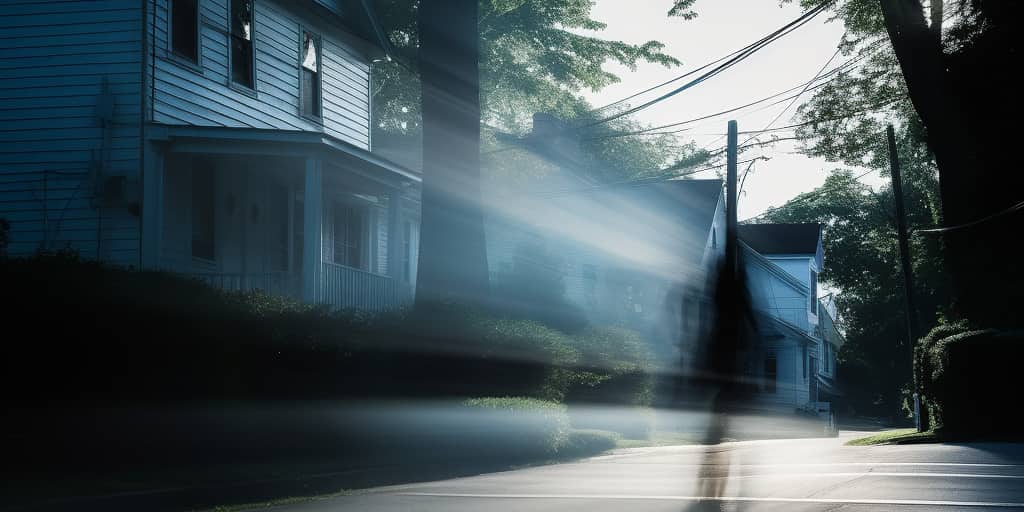Trazodone, a medication primarily used to treat depression, has woven its way into the complex landscape of prescription drug use. While it’s not a classic tale of addiction like with opioids or benzodiazepines, the story of Trazodone is one worth telling, especially for those who find themselves feeling as though they may have a trazodone addiction.
Understanding Trazodone Addiction
Initially approved for treating major depressive disorders, Trazodone has a unique mechanism. It’s a serotonin antagonist and reuptake inhibitor (SARI), which means it works by impacting neurotransmitter levels in the brain, particularly serotonin. Though not as addictive as other substances, Trazodone misuse can lead to dependency, primarily when used outside prescribed guidelines.
Dependency often begins innocently – with a prescription. For some, they may begin using Trazodone for off-label purposes like insomnia. The drug’s sedative effects can help those struggling with sleep, leading to increased usage and, over time, dependency.
Recognizing the Signs of Misuse
Understanding Trazodone addiction begins with recognizing misuse. Key signs include:
- Taking larger doses than prescribed
- Using Trazodone without a prescription
- Consuming the drug for longer than intended
- A preoccupation with obtaining and using Trazodone
- Neglecting responsibilities due to drug use
Side Effects of Trazodone
Trazodone’s side effects range from mild to severe. Common ones include dizziness, headache, and dry mouth. More serious side effects might include blurred vision, confusion, and irregular heartbeat. In rare cases, Trazodone can cause a severe condition known as serotonin syndrome, especially when combined with other serotonin-impacting drugs.
The Vicious Cycle of Dual Diagnosis
Depression can be a fertile ground for addiction to take root. For many, substances become a moment of peace from the storm of depression. But it’s short-lived. The use of substances as a coping mechanism easily escalates into addiction, creating a cycle where depression fuels substance use, which in turn deepens the depression.
On the other side, addiction can be the starting point leading to depression. Chronic drug use can alter brain chemistry, affecting mood and emotional states. Over time, this can develop into clinical depression, making the struggle with addiction even worse.
Both depression and addiction share common pathways in the brain, particularly involving neurotransmitters like serotonin and dopamine. This overlap explains why treating one condition often requires addressing the other concurrently.

Common Questions About Depression and Addiction
Q: Can treating depression help in overcoming addiction?
A: Yes, treating depression can be a significant step in overcoming addiction. Effective treatment of depression often alleviates the need to self-medicate with substances, thereby reducing the risk of substance abuse. Integrated treatment approaches that address both depression and addiction simultaneously are considered most effective.
Q: Are there specific treatments for those struggling with both depression and addiction?
A: Absolutely. Integrated treatment programs are designed to tackle both depression and addiction. These may include a combination of medication-assisted treatment (MAT), psychotherapy (like Cognitive Behavioral Therapy), and lifestyle changes. It’s important for treatment plans to be tailored to the individual, considering both the mental health and substance use aspects. This is called dual diagnosis addiction treatment.
The Importance of Trazodone Addiction Support
Professional help is valuable in overcoming Trazodone dependency. Therapy, support groups, and sometimes medication management, addiction treatment centers are equipped to help with all aspects of successful rehab. As well, mental health support is particularly crucial, given Trazodone’s role in treating depression.
Recovery from Trazodone addiction isn’t just about addressing the physical aspects. Incorporating holistic approaches like exercise, nutrition, mindfulness, and stress management can support overall well-being and recovery.
Antidepressants and Addiction
Most antidepressants are not considered addictive in the traditional sense. However, some people may develop a psychological dependence, and stopping them abruptly can lead to withdrawal symptoms.
Trazodone, while beneficial for many, can lead to dependency and withdrawal issues. Understanding these risks, recognizing the signs of misuse, and talking to professionals are essential steps in addressing Trazodone addiction and paving the way for recovery.
Covenant Hills and Trazodone Addiction
At Covenant Hills Treatment Center, we offer comprehensive and compassionate care tailored to your unique journey. Don’t let Trazodone control your life. Reach out to Covenant Hills today and take the first step toward reclaiming your independence and well-being.








